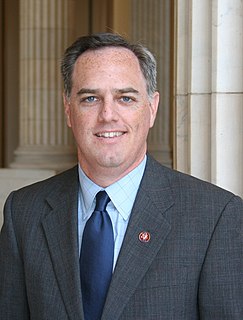A Quote by Mark Zuckerberg
We have a rule that if you check in code, you have to maintain it. So I mostly code on the side. I don't check in code anymore.
Related Quotes
There's a definite sense this morning on the part of the Kerry voters that perhaps this is code, 'moral values,' is code for something else. It's code for taking a different position about gays in America, an exclusionary position, a code about abortion, code about imposing Christianity over other faiths.
There's a subtle reason that programmers always want to throw away the code and start over. The reason is that they think the old code is a mess. [...] The reason that they think the old code is a mess is because of a cardinal, fundamental law of programming: It's harder to read code than to write it.
A code of ethics cannot be developed overnight by edict or official pronouncement. It is developed by years of practice and performance of duty according to high ethical standards. It must be self-policing. Without such a code, a professional soldier or a group soon loses identity and effectiveness. Once we know our job, have a genuine code of ethics, and maintain unquestioned personal integrity, we have met the first and most demanding challenge of leadership.




































